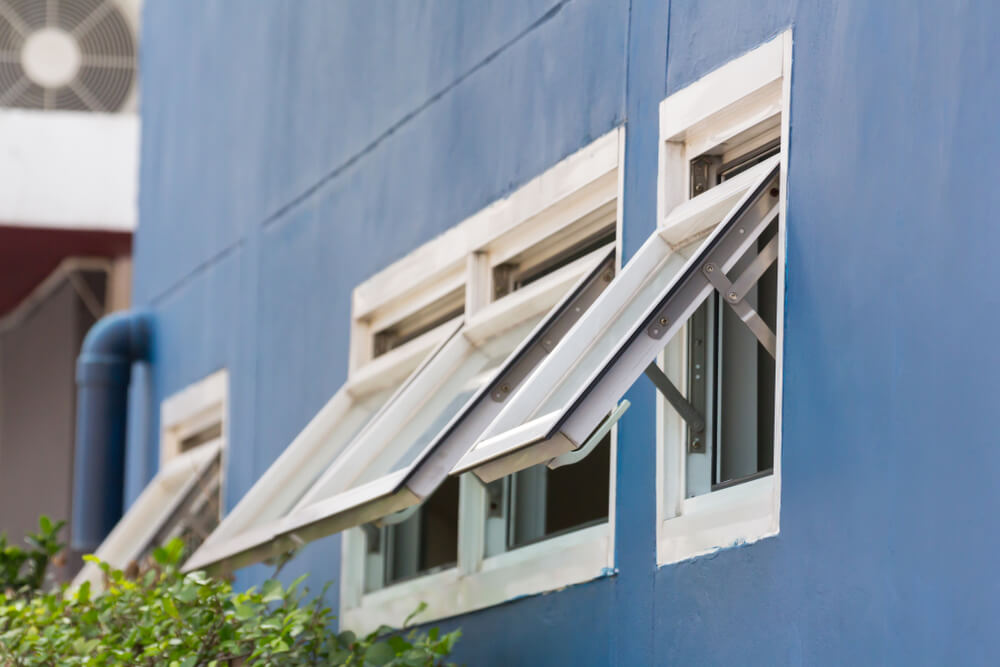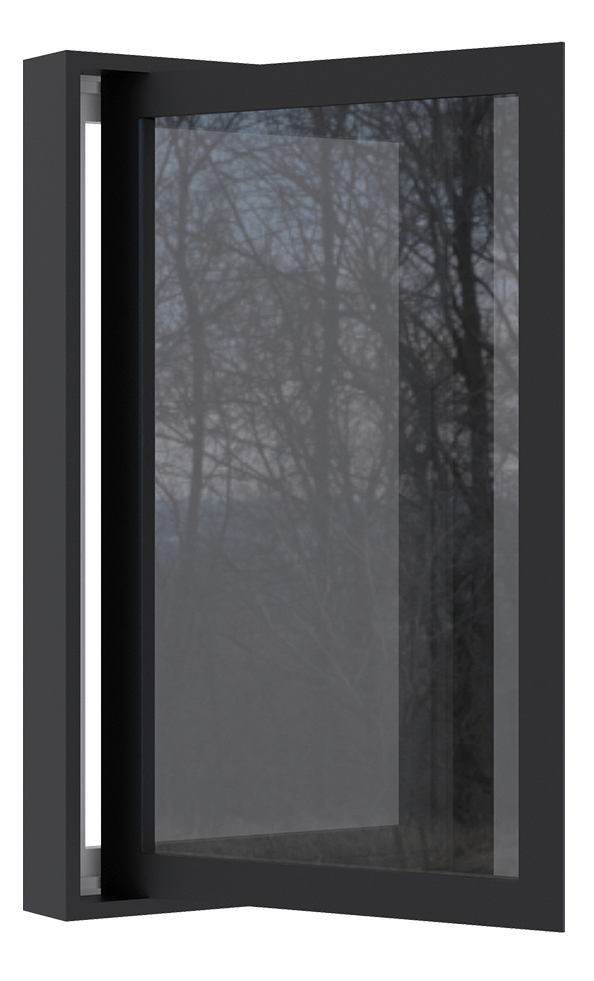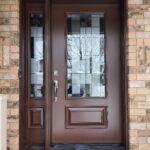
Awning Windows vs Casement Windows: What’s The Difference?
When it comes to choosing the perfect replacement windows for your home, the options can seem overwhelming. Two popular choices, awning windows and casement windows, both fall under the category of crank-operated windows, yet they differ in significant ways. Understanding these differences can help you make an informed decision about the best fit for your home.
What Are Awning Windows?
Awning windows are characterized by their top hinge and outward opening mechanism. Their unique design allows them to tilt open from the bottom, forming an awning-like structure. This configuration ensures optimal ventilation and keeps rain and moisture at bay, allowing for fresh air circulation even during light rainfall. Awning windows are a great choice for rooms requiring continuous airflow, such as kitchens and bathrooms.
Benefits of Awning Windows
- Excellent ventilation even during rain.
- Energy-efficient design.
- Unobstructed views and increased natural light.
- Suitable for wider window openings.
Limitations of Awning Windows
- Limited in size due to weight constraints.
- Difficulty in cleaning from the inside.
What Are Casement Windows?
Casement windows, on the other hand, feature a side hinge and open outwards to the left or right. These windows are known for their superb ventilation capabilities and energy efficiency. They create a tight seal when closed, similar to a refrigerator door, maximizing insulation and minimizing energy loss. Casement windows are a popular choice for their unobstructed views and ease of operation.
Benefits of Casement Windows
- Superior ventilation and airflow control.
- Energy-efficient with a secure seal.
- Unobstructed views and effortless cleaning.
Limitations of Casement Windows
- May interfere with outdoor spaces if not placed high enough.
- Size limitations due to weight, suitable for small to medium-sized openings.
Comparing Awning Windows vs Casement Windows
To help you make a more informed decision, let's compare these two window types across several key categories:
| Category | Awning Windows | Casement Windows |
|---|---|---|
| Design | Top hinge placement, opens outwards. | Left/right hindge placement, opens outwards |
| Cost | Similar in price, can vary depending on size & features | Similar in price, can vary depending on size & features |
| Installation | Similar, both relatively easy | Similar, both relatively easy |
| Natural Light | Can obstruct lighting when open/td> | Provides abundance of natural light when open or closed |
| Ventilation | Excellent airflow even when raining | Great ventilation, however, windy conditions can affect |
| Cleaning | Challenging from the inside | Easy access from inside & outside |
| House Placement | Suitable for bedrooms, bathrooms, and basements | Ideal for living rooms, kitchens, and areas requiring a clear view and optimal airflow |
Design
Awning Windows: These windows pivot outward from the top, resembling the shape of an awning. They're well-suited for wider window openings and are excellent for allowing ventilation during light rain.
Casement Windows: Designed to open outward from the side with a left or right hinge, offering unobstructed views and allowing maximum light penetration. They're particularly suitable for taller window spaces, offering an expansive view.
Cost
Awning Windows: Generally moderate in cost, offering a balanced price for their features. The cost might vary depending on size and added features.
Casement Windows: Moderately priced, influenced by factors such as size, materials used, and any additional features or customization.
Note: Awning and casement windows exist at a similar price point, factors such as size, materials, energy-efficient features and frame colours can affect the price of both styles.
Installation
Awning Windows: They usually have a standard configuration, making their installation relatively straightforward.
Casement Windows: Installation is generally manageable, but it may vary based on the size and specific location of the window within the house.
Natural Light
Awning Windows: Allow ample natural light due to their outward-opening design, contributing to a well-lit interior.
Casement Windows: Offer abundant natural light and unobstructed views of the outdoors, enhancing the aesthetic appeal of the room.
Ventilation
Awning Windows: Offer good airflow, even during light rain, making them suitable for continuous ventilation and maintaining fresh indoor air.
Casement Windows: Provide excellent ventilation, but in windy conditions, they might face some operational challenges due to the wind's impact on their outward-opening mechanism.
Cleaning
Awning Windows: Cleaning these windows from the inside might pose challenges due to their top-hinged design, requiring additional effort.
Casement Windows: Offer easy access for interior cleaning, making maintenance hassle-free compared to awning windows.
House Placement
Awning Windows: Ideal for wider window openings, perfect for basements, bedrooms and bathrooms.
Casement Windows: Perfect for taller window spaces, suitable for areas requiring optimal airflow, such as kitchens and living rooms.
Understanding these differences between awning and casement windows can help you make an informed decision about which style best suits your home's needs. Whether you prioritize rain protection, unobstructed views, or continuous ventilation, both window types offer unique benefits to enhance your living space.
Our dedicated team at Windowsville is more than happy to help you decide between awning windows vs casement windows. Call us today for expert advice and free quotations!
Replacing your
Windows & Doors?









